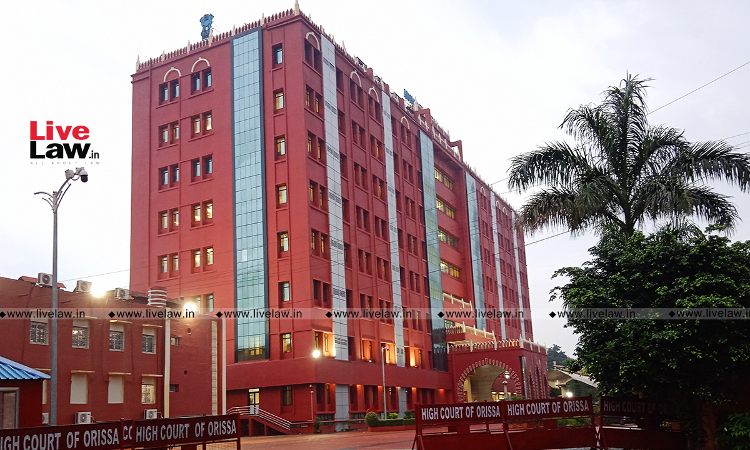Precedents Can’t Be Read As Euclid’s Theorem, Must Be Applied In Context: Orissa High Court
Jyoti Prakash Dutta
10 Jan 2023 8:15 PM IST

Next Story
10 Jan 2023 8:15 PM IST
The Orissa High Court has reiterated that judgments cannot be construed mechanically in adjudication of cases and those must be applied having regard for the given facts of a case. While disapproving the manner in which counsel for the petitioner sought to place reliance on certain judgments, the Single Judge Bench of Justice V. Narasingh sternly observed, “In relying on the...
